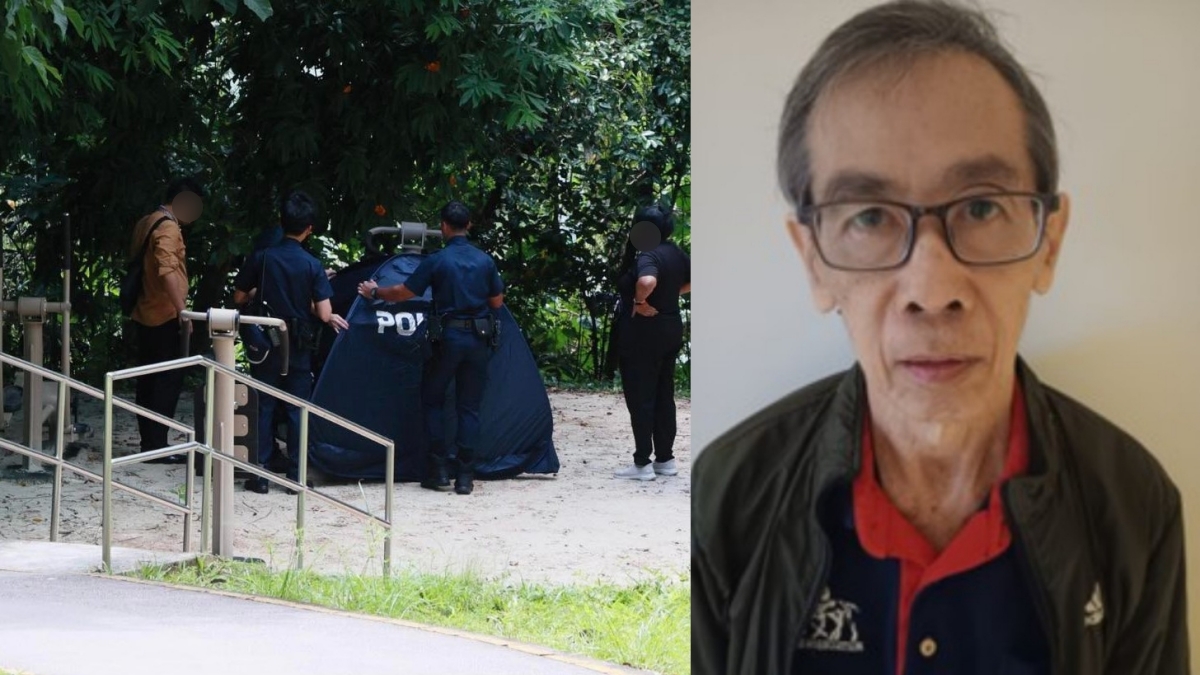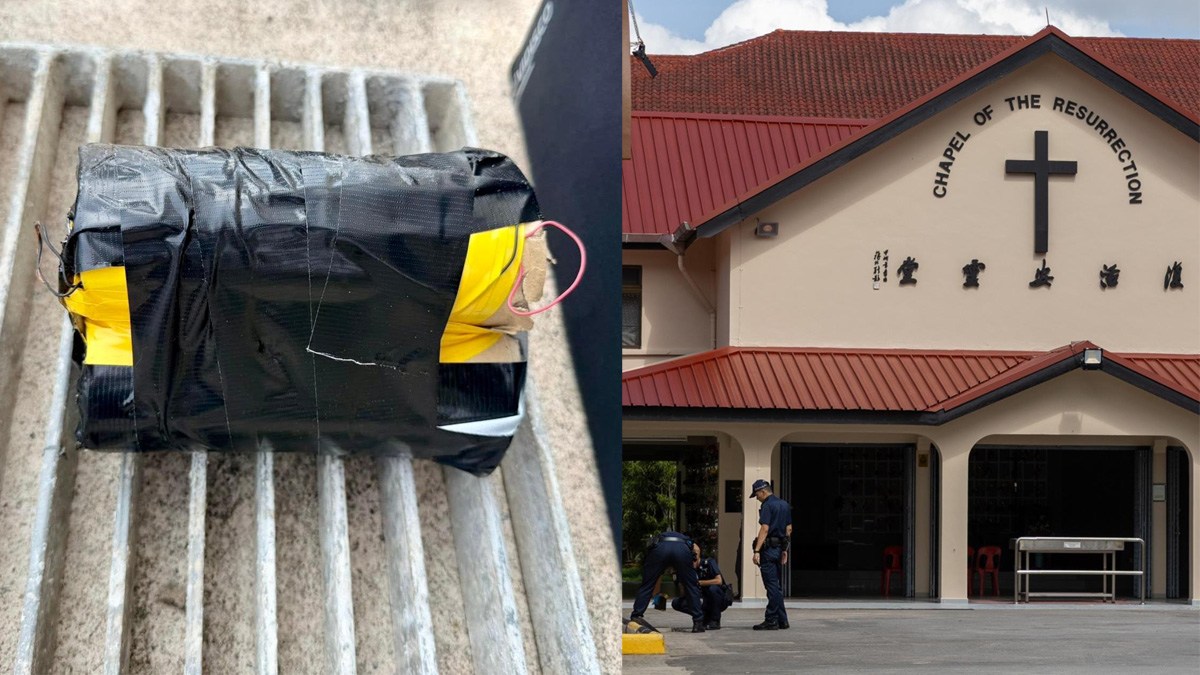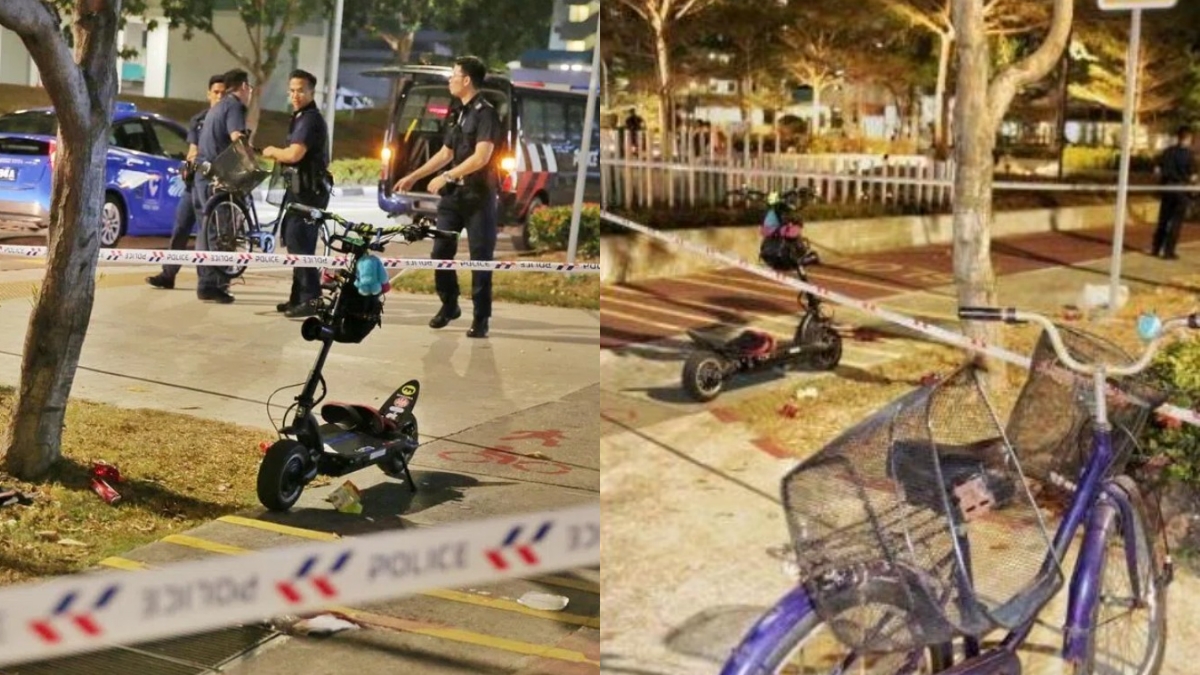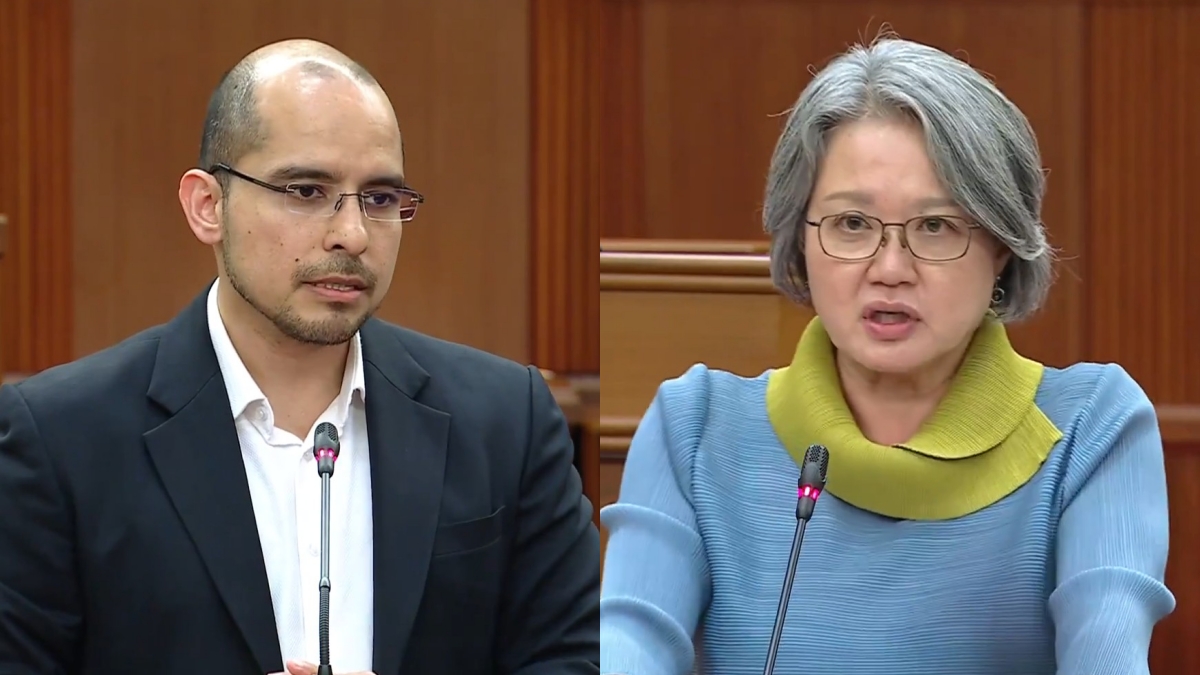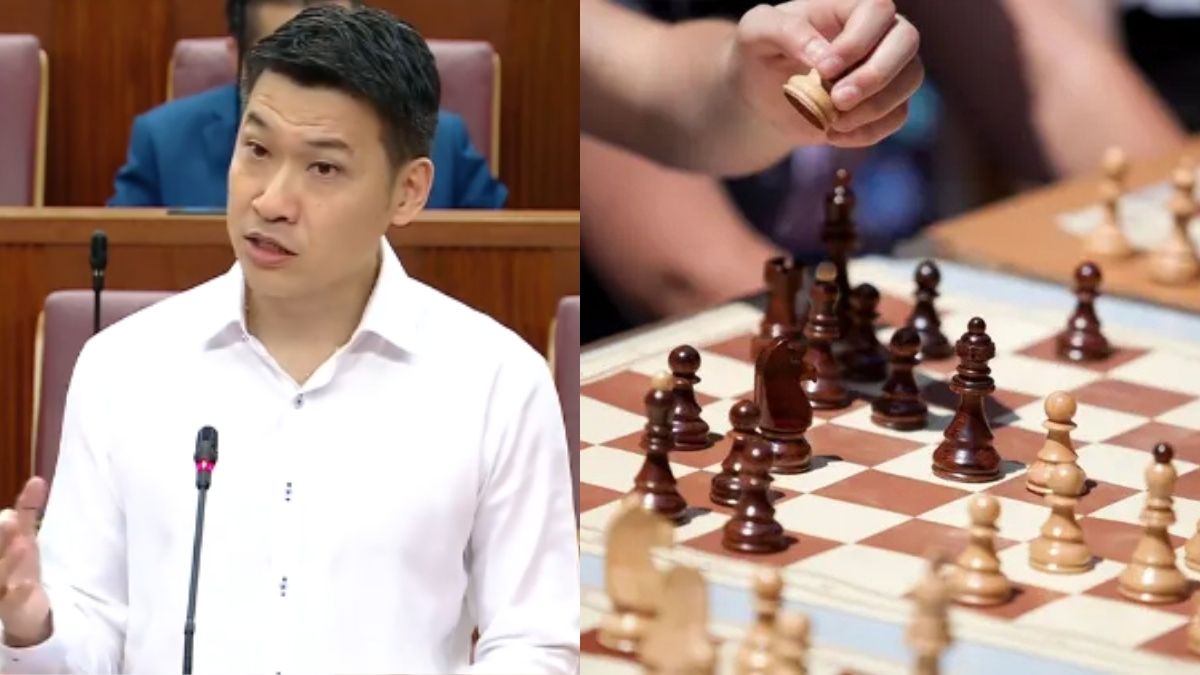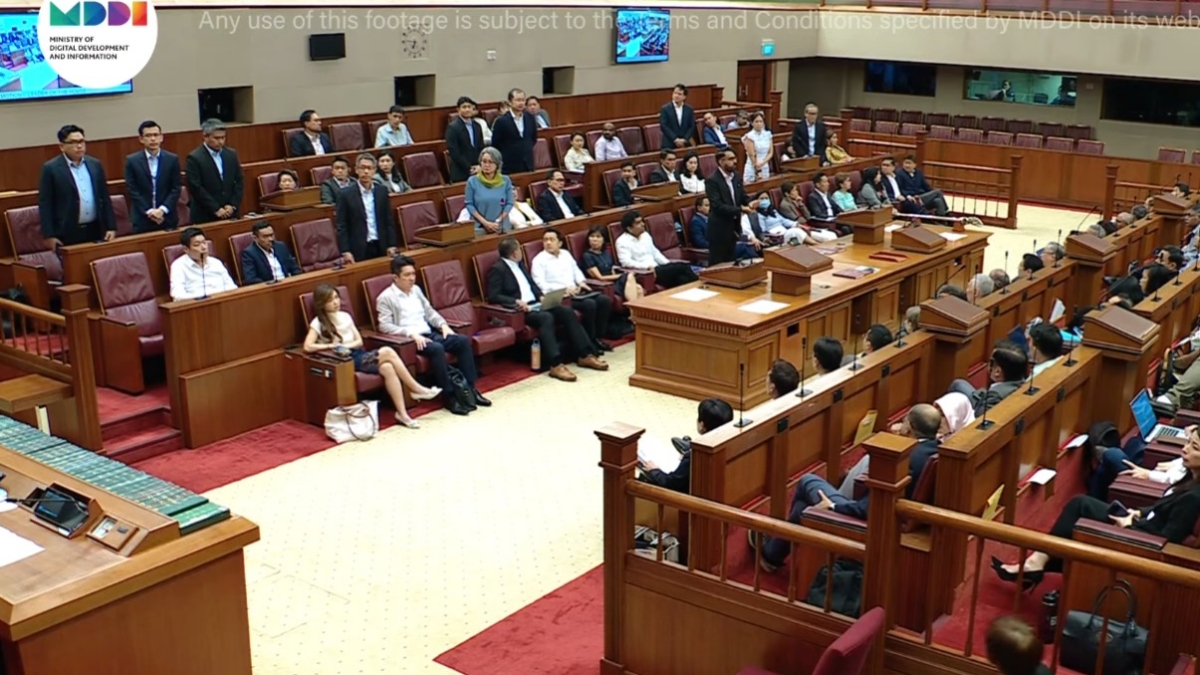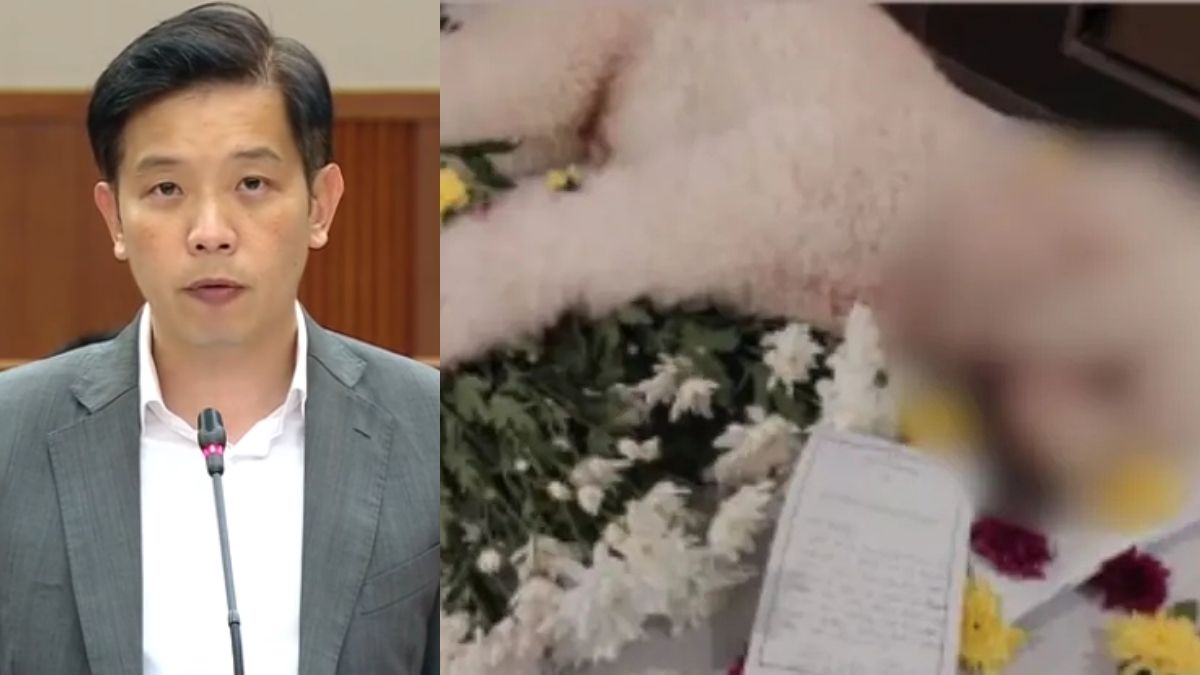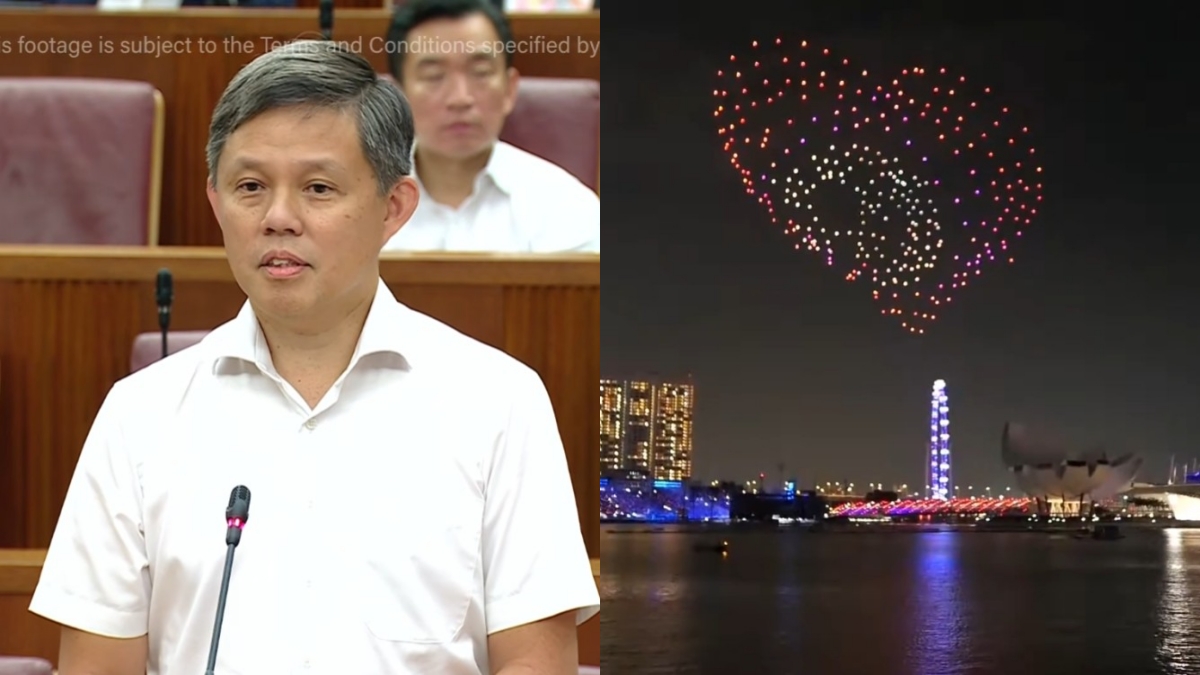Police failure in Megan Khung case due to procedural breaches and pressure, says Goh Pei Ming
Goh Pei Ming told Parliament that the mishandling of Megan Khung’s abuse report stemmed from stress and failure to follow procedures. MPs pressed for clarity on police follow-up protocols, prompting details on reforms, risk assessments and inter-agency action.
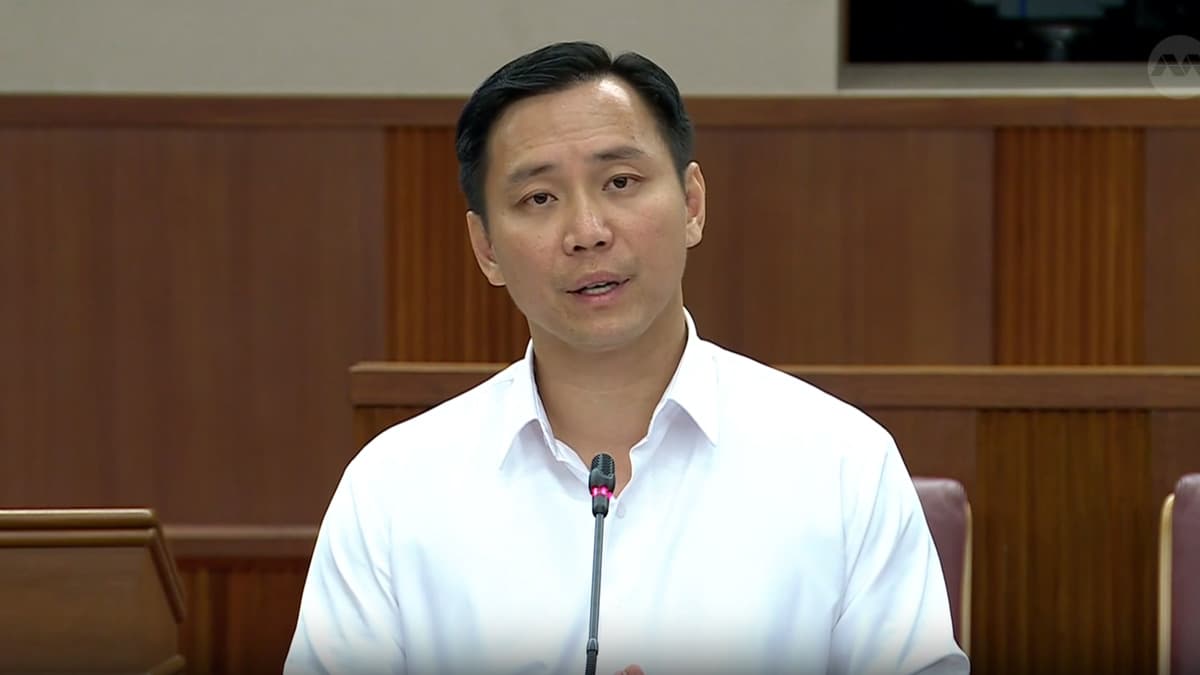
- Minister of State Goh Pei Ming confirmed that police procedural breaches and operational pressure led to inaction on a 2020 abuse report involving four-year-old Megan Khung.
- The investigation officer and her supervisor failed to escalate the case; both have since faced disciplinary action.
- SPF has implemented new safeguards, training, and technological measures to prevent similar lapses.
SINGAPORE: The Singapore Police Force (SPF) failed to properly act on an abuse report concerning four-year-old Megan Khung in early 2020 due to procedural breaches and operational pressure, Minister of State for Home Affairs and Social and Family Development Goh Pei Ming told Parliament on 5 November 2025.
Goh described the incident as a “serious breach” that resulted in a “tragic outcome”, noting that the officers involved had failed to follow escalation procedures despite warning signs.
What Goh disclosed in Parliament
According to Goh, the first police report was filed in January 2020 by Megan’s grandmother.
The investigation officer (IO) assessed the case as one of child discipline with low safety concerns and attempted to reach Megan’s mother, Foo Li Ping, without success.
The IO did not follow up further after being reassigned to COVID-19 duties.
Critically, both the IO and her supervisor—the officer-in-charge (OC)—failed to raise the matter in SPF’s regular case review sessions, where it would have received supervisory attention and guidance.
Goh confirmed that the IO had since resigned and the OC was formally disciplined and fined.
However, he did not provide any further details, including the timeline of the resignation or the nature of the financial penalty.
These disciplinary outcomes had already been made public on 23 October 2025, when SPF responded to media queries following the release of an independent review panel’s findings.
A police spokesperson confirmed both officers had been investigated for neglect of duty, and that the OC remains in service. No further information about the penalties has been disclosed.
Discovery only after second report
Megan died on 22 February 2020 after months of abuse by Foo and her then-boyfriend, Brian Wong. Wong inflicted the fatal blow.
Despite the first report, the case only progressed months later when, in July 2020, Megan’s father and grandmother filed new police reports over her disappearance.
A different set of officers escalated the case properly, classifying it as a missing person investigation and initiating immediate tracing.
Police arrested Foo and Wong on 23 July 2020, leading to their eventual conviction.
Sentences and accountability
Foo was sentenced to 19 years’ imprisonment for abuse and for attempting to dispose of her daughter’s body. Wong received 30 years’ jail and 17 strokes of the cane, including penalties for unrelated drug offences.
Their associate, Nouvelle Chua, who had witnessed the abuse, was later detained for child abuse and drug consumption.
Independent review findings
An independent review panel, whose findings were released prior to Goh’s statement in Parliament, revealed broader systemic failures.
It found that as early as March 2019, Megan’s preschool and the social service agency Beyond Social Services (BSS) observed injuries and flagged excessive discipline by Foo.
A care plan placed Megan in her grandmother’s care, but this arrangement was breached in September 2019 when she returned to Foo’s home. This breach was not recorded in the January 2020 police report.
The panel found that the IO assessed the case as low risk based on limited information, made brief attempts to reach Foo, and then ceased efforts without supervisory intervention.
The OC also failed to raise the matter during review meetings.
MPs raise questions on protocol and risk assessments
Following Goh’s statement, Members of Parliament pressed for greater clarity on follow-up procedures and risk evaluation in vulnerable cases.
Sembawang GRC MP Gabriel Lam asked about the Ministry of Home Affairs’ review of investigation officers’ responsibilities in missing persons cases, particularly where vulnerable individuals are involved.
Jackson Lam, MP for Nee Soon GRC questioned whether police risk assessment tools would be recalibrated to prioritise cases involving missing children.
Goh responded that SPF gives priority to missing vulnerable persons, including children, regardless of how long they have been missing.
These cases are escalated for regular supervisory review, and SPF works with other government agencies to share data and issue public appeals when necessary.
Case duration and investigative timelines
Valerie Lee, MP for Pasir Ris–Changi GRC asked about the average duration taken by investigation officers to close cases over the past five years.
Goh said that SPF does not track average case durations, citing that investigations vary widely in complexity and may involve cooperation with multiple agencies.
Nonetheless, he assured that SPF has internal controls in place, including a daily review process, multiple levels of supervision, and strengthened procedures to ensure prompt follow-up.
Specialist training and team deployment
Diana Pang, MP for Marine Parade–Braddell Heights GRC asked whether all child-related cases would be assigned to specialist officers with child protection training.
Goh noted that in 2022, SPF introduced a Family Violence Training Package for all frontline and investigation officers. The training is designed to help officers identify high-risk cases and escalate them to the Ministry of Social and Family Development (MSF).
In 2023, SPF formed Family Violence Teams (FVTs) in all land divisions. These officers receive specialised training in handling family violence cases and work with social agencies in a coordinated response.
When a suspected child abuse case arises, or when MSF receives a high-risk report, SPF coordinates with MSF’s Child Protective Service to plan safety interventions for the family and child.
Goh said that these efforts may also involve activating MSF’s Domestic Violence Emergency Response Team (DVERT), a 24-hour rapid response unit launched in 2023 to intervene in high-risk situations and help relocate victims if needed.
Strengthening investigation systems
To prevent similar failures, Goh said SPF has implemented technological enhancements such as automated notifications to investigation officers and supervisors to ensure time-sensitive actions are not overlooked.
“The police will learn from this, and reinforce procedures and training for its officers,” Goh told Parliament.
He added that while the responsibilities placed on frontline officers are substantial, SPF is committed to continuous improvement in protecting vulnerable individuals.




